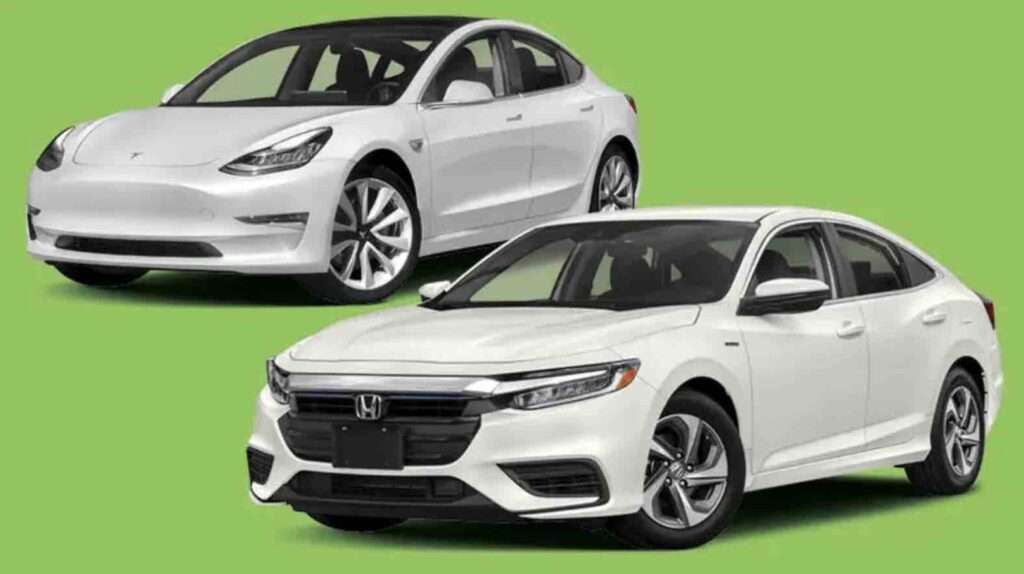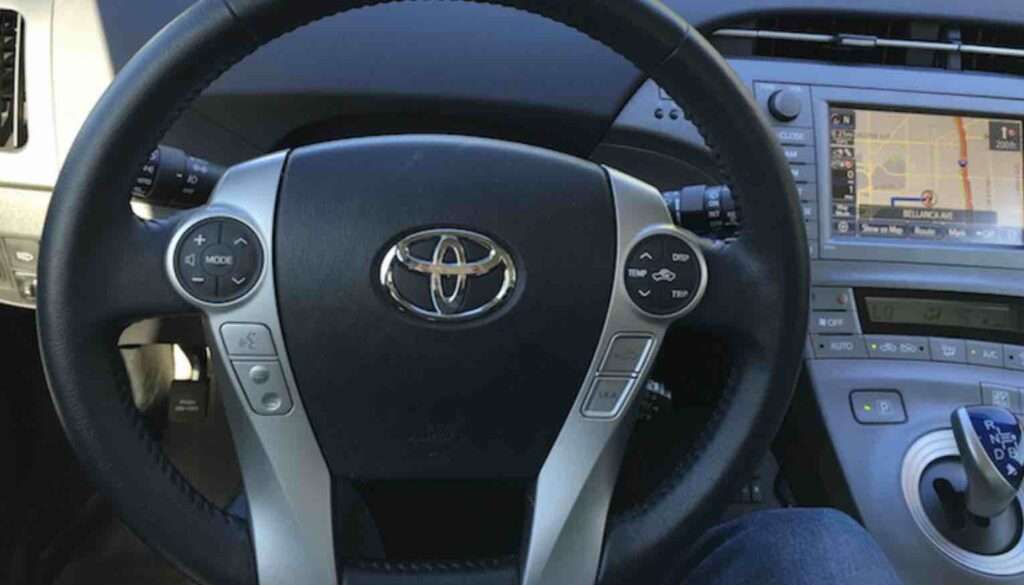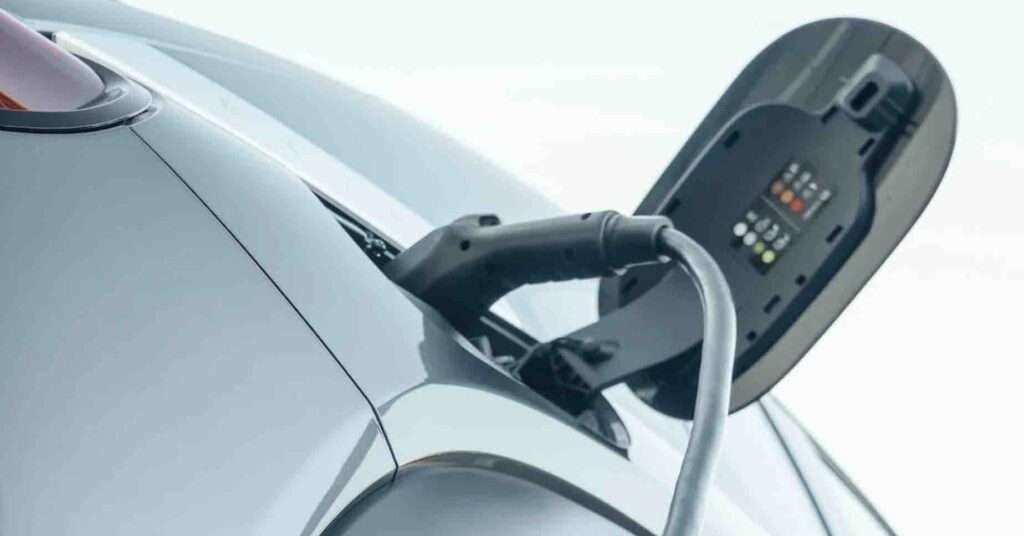Last updated on January 19th, 2023 at 06:41 am
Are you thinking about making the switch to an electric car, or are you already a proud EV owner? Either way, you’ve probably asked yourself the all-important question: “How much does it cost to charge an electric car at a public charging station vs. at home?”
Well, you’re in luck! Because that’s exactly what I am here to talk about today.
First, electric cars are a fantastic choice for eco-conscious individuals and those who want to save money on gas (think about all those pesky fill-ups you’ll no longer have to make). But let’s be real – we all want to save a buck where we can. So, it’s important to understand the costs of charging your electric car at different locations.
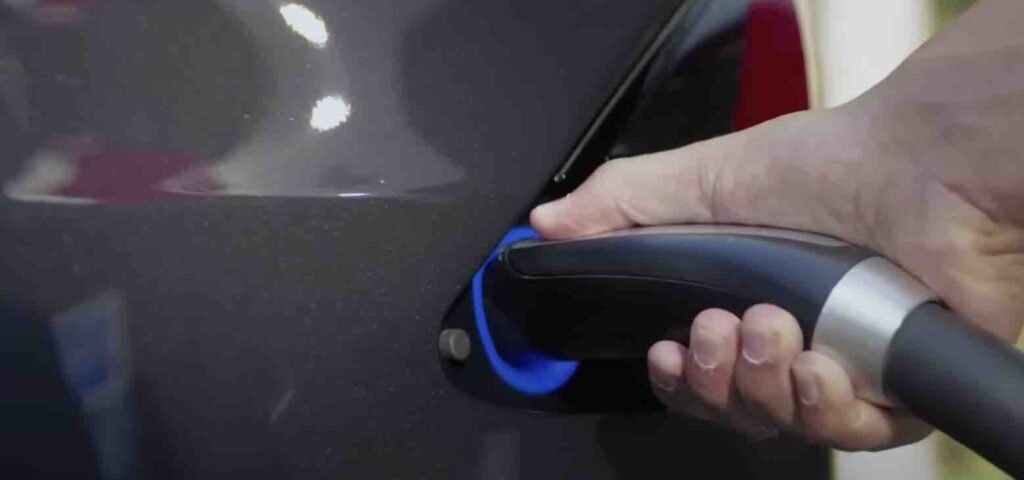
Related Article: Can You Charge An Electric Car At Home
How much does it cost to charge an electric car at a public charging station vs. At home
A few factors can affect the cost of charging at a public charging station and at home. For example, your location and the location of the charging station, and the time of day you’re charging can make a difference in the price in some stations, the type of charger you use (e.g., Level 1, Level 2, DC Fast Charger) can also impact the cost. On average, you can expect to pay around $0.15-$0.40 per kWh at a public charging station and at home around $0.13 – $0.15 per kWh.
Of course, there are also costs associated with charging at home. You’ll need to install a charging station, which can range in price depending on the type and power of the unit you choose. You’ll also need to factor in the cost of electricity at your home, which can vary based on your location and energy provider.
So, what’s the bottom line? Is it cheaper to charge your electric car at home or at a public charging station? It really depends on your personal circumstances. In some cases, it may be more cost-effective to charge at home, while in other situations, it may be more convenient (and potentially even cheaper) to charge at a public station.
Don’t worry – I ‘ll break it all down for you in the following sections, including a comparison table to help you make an informed decision. So, let’s dive in and find out how much it really costs to charge an electric car at home versus at a public charging station!
We are looking at each one at a time.
public electric car charging stations Vs electric car charging stations for home
| Charging location | Installation | Electricity | Per-kWh costs | Convenience | Reliability |
| Home | One-time cost for installing a charging station | Varies based on location and energy provider | N/A | More convenient, as you can charge whenever you like | More reliable, as you’re in control of your charging setup |
| Public station | N/A | Varies based on location and charging network | $0.15-$0.40 per kWh | May require planning and may not always be available | Can be reliable, but can also experience outages or maintenance issues |
Public electric car charging stations
So as I mentioned earlier, the cost of Charging your electric car at a public charging station depends on a lot of factors. A charging station in a very busy city center will most likely cost more when compared to one in a rural area. If you charge at peak times, such as during rush hour or on holidays, it can be more expensive. You can expect to pay more if you charge during peak hours or on holidays.
Here are the keep points to note when charging electric vehicle stations:
- Your Location: The location of the charging station can affect the price. For example, charging in a city center might be more expensive than charging in a rural area.
- Time of day: Charging at peak times (e.g., rush hour, holidays) might result in higher prices.
- Type of charger: There are three main types of chargers at public stations: Level 1, Level 2, and DC Fast Chargers. Level 1 chargers are the cheapest and slowest, Level 2 chargers are faster and more expensive, and DC Fast Chargers are the fastest and much more expensive.
- Average cost: You can expect to pay around $0.15-$0.40 per kWh at a public charging station.
- Public charging networks: A few popular networks, such as ChargePoint and EV go, offer various pricing plans and fees. It’s a good idea to research which networks are available in your area and what their prices are.
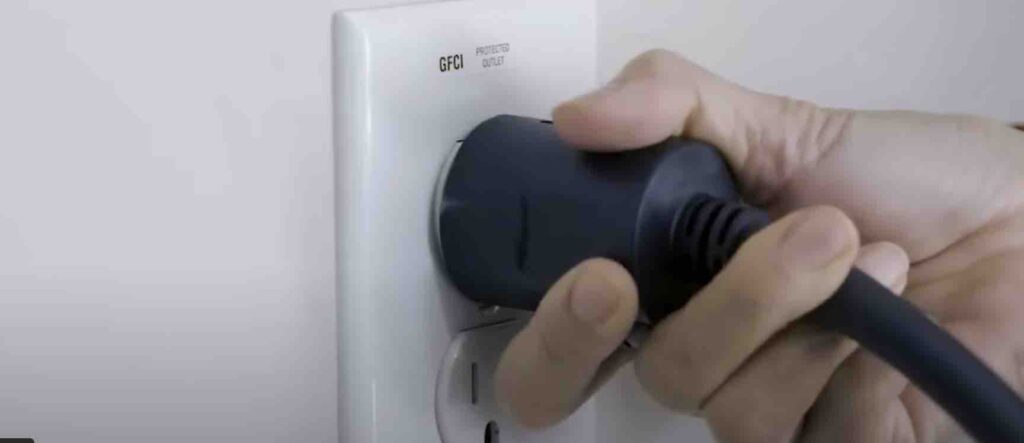
Electric car charging stations for home
So if you decide to charge your electric car at home instead of at a public station. Great choice! There are a few things to consider when it comes to charging at home, including:
Cost of installing a charging station: This can range in price depending on the type and power of the unit you choose. Make sure to do your research and find a charger that meets your needs and fits your budget.
Cost of electricity: The electricity cost for charging your EV car will vary based on your location and energy provider. It’s a good idea to shop around and compare rates to find the best deal.
Savings compared to public charging: Depending on your location, time of day, and type of charger, you may be able to save money by charging at home instead of at a public station. It’s worth doing some calculations to see which option is more cost-effective for you.
How much does it cost to charge an electric car at a public charging station vs. at home side to side?
Here is a table showing the averages of how much it costs to charge an electric car at a public charging station vs. at home for popular electric car brands. Please note! These are all estimates. The real-time cost can be different based on all the factors I highlighted above.
| Brand | Cost to Charge at Home (per kWh) | Cost to Charge at Public Station (per kWh) |
| Tesla | $0.26 – $0.28 | $0.30 – $0.40 |
| Nissan | $0.10 – $0.13 | $0.20 – $0.30 |
| Chevrolet | $0.13 – $0.15 | $0.30 – $0.40 |
| Hyundai | $0.11 – $0.13 | $0.25 – $0.35 |
| Kia | $0.11 – $0.13 | $0.25 – $0.35 |
| BMW | $0.30 – $0.35 | $0.40 – $0.50 |
| Audi | $0.30 – $0.35 | $0.40 – $0.50 |
| Mercedes-Benz | $0.30 – $0.35 | $0.40 – $0.50 |
| Ford | $0.13 – $0.15 | $0.30 – $0.40 |
| Honda | $0.10 – $0.13 | $0.20 – $0.30 |
| Toyota | $0.11 – $0.13 | $0.25 – $0.35 |
| Volkswagen | $0.30 – $0.35 | $0.40 – $0.50 |
| Volvo | $0.30 – $0.35 | $0.40 – $0.50 |
| Jaguar | $0.30 – $0.35 | $0.40 – $0.50 |
| Land Rover | $0.30 – $0.35 | $0.40 – $0.50 |
| Porsche | $0.30 – $0.35 | $0.40 – $0.50 |
| Mitsubishi | $0.11 – $0.13 | $0.25 – $0.35 |
| Mini | $0.30 – $0.35 | $0.40 – $0.50 |
| Peugeot | $0.30 – $0.35 | $0.40 – $0.50 |
| Renault | $0.30 – $0.35 | $0.40 – $0.50 |
| Smart | $0.30 – $0.35 | $0.40 – $0.50 |
| Suzuki | $0.11 – $0.13 | $0.25 – $0.35 |
| Lexus | $0.30 – $0.35 | $0.40 – $0.50 |
| Mazda | $0.11 – $0.13 | $0.25 – $0.35 |
| Subaru | $0.11 – $0.13 | $0.25 – $0.35 |
| Changan | $0.11 – $0.13 | $0.25 – $0.35 |
| Chery | $0.11 – $0.13 | $0.25 – $0.35 |
| GAC Group | $0.11 – $0.13 | $0.25 – $0.35 |
| Great Wall | $0.11 – $0.13 | $0.25 – $0.35 |
| Lifan | $0.11 – $0.13 | $0.25 – $0.35 |
| BYD | $0.11 – $0.13 | $0.25 – $0.35 |
| Zotye | $0.11 – $0.13 | $0.25 – $0.35 |
Conclusion
When it comes to charging an electric car, you have two main options: charging at home or at a public charging station. There are a few factors to consider when deciding where to charge, including installation costs, electricity costs, per-kWh costs, convenience, and reliability.
Charging at home can be more convenient and potentially more cost-effective while charging at a public station can be convenient when you’re out and about but might be more expensive. Evaluating your individual needs and circumstances when deciding where to charge your electric car is important.
I really hope this information helps you make an informed decision as I have covered how much does it cost to charge an electric car at a public charging station vs. At home while breaking each public electric car charging station and electric car charging stations for home down. I also showed you a table with the average for most brands.

Uchenna is a Radiographer and Auto parts mechanic who recently got his automotive diploma as an auto repair technician, and since then, has worked on fixing various car problems.
Working as just a radiographer, Uchenna didn’t just get all the fulfillment he desired, because he truly loved doing things tilted toward cars. As a kid, he would take apart his toy cars to see how they worked and would spend hours tinkering with his bike.
So, in 2017 he made the tough decision to become an auto mechanic. He threw himself into his studies and now loves every aspect of what he does.
He gets to work with his hands, solving problems and bringing cars back to life, and sharing his knowledge and easy quick-fix guide online are all part of what makes him feel fulfilled.

